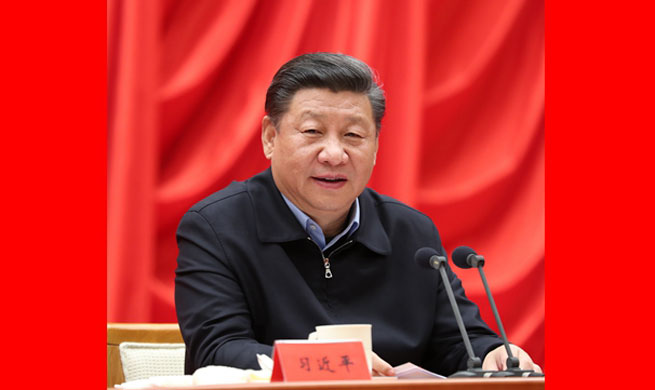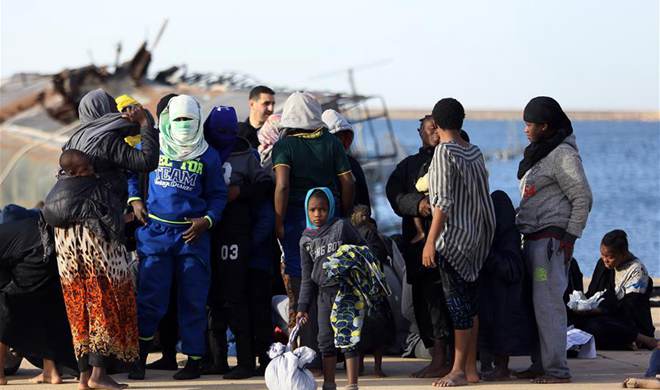by Fei Liena, Mao pengfei, Lu Juan
PHNOM PENH, Jan. 8 (Xinhua) -- The upcoming 2nd Lancang-Mekong Cooperation (LMC) Leaders' Meeting will be another milestone in deepening political trust, fostering practical cooperation, and promoting comprehensive regional connectivity, a Cambodian expert said.
"The Five-Year Plan of Action of the Lancang-Mekong Cooperation (2018-2022) will be adopted. The Plan aims to further promote practical cooperation, deliver concrete results of the five priority areas of cooperation and expand the areas of cooperation under the framework '3+5+X'," Chheang Vannarith, vice chairman of the board of the Cambodian Institute for Strategic Studies, told Xinhua ahead of the leaders' meeting to be held here on Wednesday.
Since the official launch of the LMC mechanism in March 2016, it has established a "3+5" mechanism of cooperation, referring to the three cooperation pillars -- political and security issues, economic and sustainable development, and cultural and people-to-people exchanges -- and the five key priority areas of connectivity, production capacity, cross-border economic cooperation, water resources, and agriculture and poverty reduction.
"Recently, China suggested expanding the areas of cooperation by including the "X" factor to the 3+5 cooperation framework," said Vannarith. "The upcoming LMC Summit will adopt a work plan, which will elaborate on the "X" factor and concrete steps to realize LMC initiatives and projects."
According to him, "China has driven regional cooperation through promoting shared vision and political will, institution building and funding."
The expert suggested that the "X" factor should include action plans to reduce inequality within the Lancang-Mekong region, transform intra-regional migration into a source of sustainable and inclusive development, enhance gender equality, promote smart and sustainable urbanization, address the aging population in the region, and lead for an inclusive digital revolution.
In addition, the concept of "connectivity" needs to be broadened to include the security sector. "Now the word 'connectivity' only refers to infrastructure, institutional and people connectivity. Security connectivity may include how different security issues can be connected and addressed holistically, such as the water-energy-food-climate change security nexus."
Vannarith also believed the LMC should devise a clear strategy to connect itself with other regional cooperation initiatives. "For instance, concerning the sustainable water resources management, the LMC needs to work closely with the Mekong River Commission to set common standards and rules on integrated water resource management."
He thought highly of the complementation of the LMC and other regional cooperative mechanisms, especially the Association of Southeast Asian Nations (ASEAN).
"The LMC complements well ASEAN by helping the least developed members of ASEAN to catch up with other members. Narrowing the development gap is the main challenge of the ASEAN community. Moreover, the LMC helps realize regional connectivity and production capacity."

















